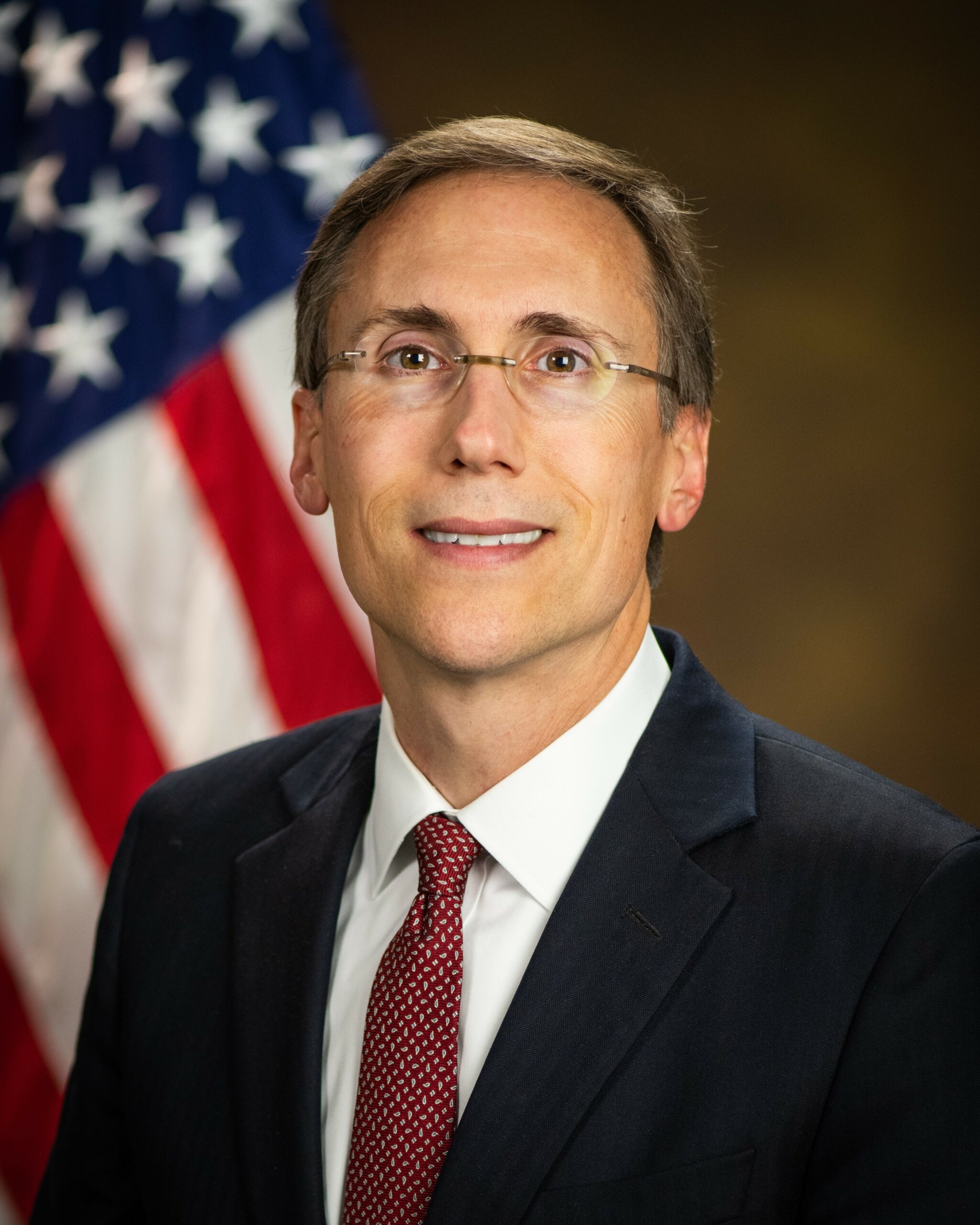The following blog post is part of a series on corporate revolvers who diminished the Biden administration’s effectiveness when it came to helping working people. Click here and here to read our full rebuttals to Matt Yglesias’ error-filled celebrations of the revolving door (which he published in Bloomberg on August 4 and on his Substack on August 12). Long story short: Joe Biden appointees with extensive ties to big business did real damage to his agenda; Democratic presidential nominee Kamala Harris should not make the same mistake.
Acting Assistant Attorney General Brian Boynton has hindered elements of Biden’s agenda. For instance, as my colleague Hannah Story Brown explained in November 2021: “One of Boynton’s first moves as head of the [DOJ’s] Civil Division was to block the lawyers representing 160,000 former for-profit college students from compelling Betsy DeVos to testify about her (mis)handling of loan forgiveness for defrauded students. (A federal judge rejected this ‘joint effort by DeVos and the Biden administration’ to impede DeVos’s testimony three months later.)”
Boynton’s actions were completely at odds with the Biden administration’s ongoing efforts to secure a modest amount of student debt relief and to restructure loan repayment plans. But it’s the kind of undermining behavior one can expect to see more of if Harris ends up listening to Yglesias, who thinks she should staff her administration with “smart,” pro-corporate hacks from the private sector.
As Hannah wrote: “Boynton has shuttled back and forth between the DOJ and BigLaw firm WilmerHale over the past two decades. At WilmerHale, he represented predatory for-profit colleges in numerous cases, and he sued the Obama Department of Education for seeking to regulate them. In 2010, Boynton co-authored a WilmerHale memo arguing that the Education Department didn’t have the statutory authority to impose the Gainful Employment rule. Now he’s intervening in this case, and making good on his decade-old disdain.” Boynton eventually recused himself from the case. It would not be his only recusal.
RDP also investigated Boynton’s involvement in a DOJ statement of interest which argued that the federal government should assume liability for Moderna’s patent infringement during the development of their Covid-19 vaccine. The DOJ position that the government should assume liability was deeply beneficial to Moderna. Because the matter fell solidly within Boynton’s authority, we were concerned that before joining the DOJ, Boynton had co-authored a memo for WilmerHale “arguing immunity for pharmaceutical companies during the Covid-19 pandemic,” a position in line with what the statement of interest the DOJ eventually published.
In late 2023, we wrote an article arguing that Boynton’s involvement in the Moderna matter posed a clear conflict of interest; but following publication, the DOJ Office of Public Affairs informed us that Boynton had recused himself from the matter. In good faith, we retracted our article per the DOJ’s request. However, given more recent developments, we have come to wonder if the DOJ’s refusal to be proactively transparent about Boynton’s apparently high number of recusals represents a problem in and of itself; and if our concerns about a conflict of interest were justified.
Boynton’s name has appeared on DOJ filings that concern his former WilmerHale client, Northrop Grumman. In response to this finding, the DOJ claimed that “Boynton was recused for a two-year period, from January 20, 2021, through January 20, 2023” and filings would reflect his recusal on the matter during that period. However, a filing from within that two-year period included Boynton’s name alongside former client Northrop Grumman on the defense. The DOJ claimed that this was in error.

